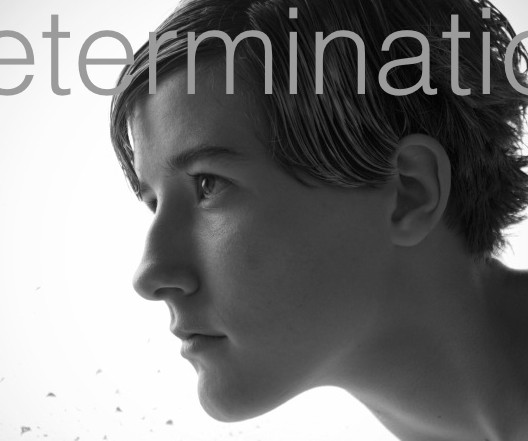Understanding Team Needs in Leadership: A Guide to Need Theories
CO2
NOVEMBER 27, 2023
Alderfer’s ERG Theory, while influenced by Maslow, proposes that lower-order needs don’t necessarily have to be satisfied before pursuing higher-order needs. In other words, just because a need is met doesn’t mean that it’s met forever or that flaws don’t develop. Applying Alderfer’s ERG Theory in Team Leadership Clayton P.















Let's personalize your content